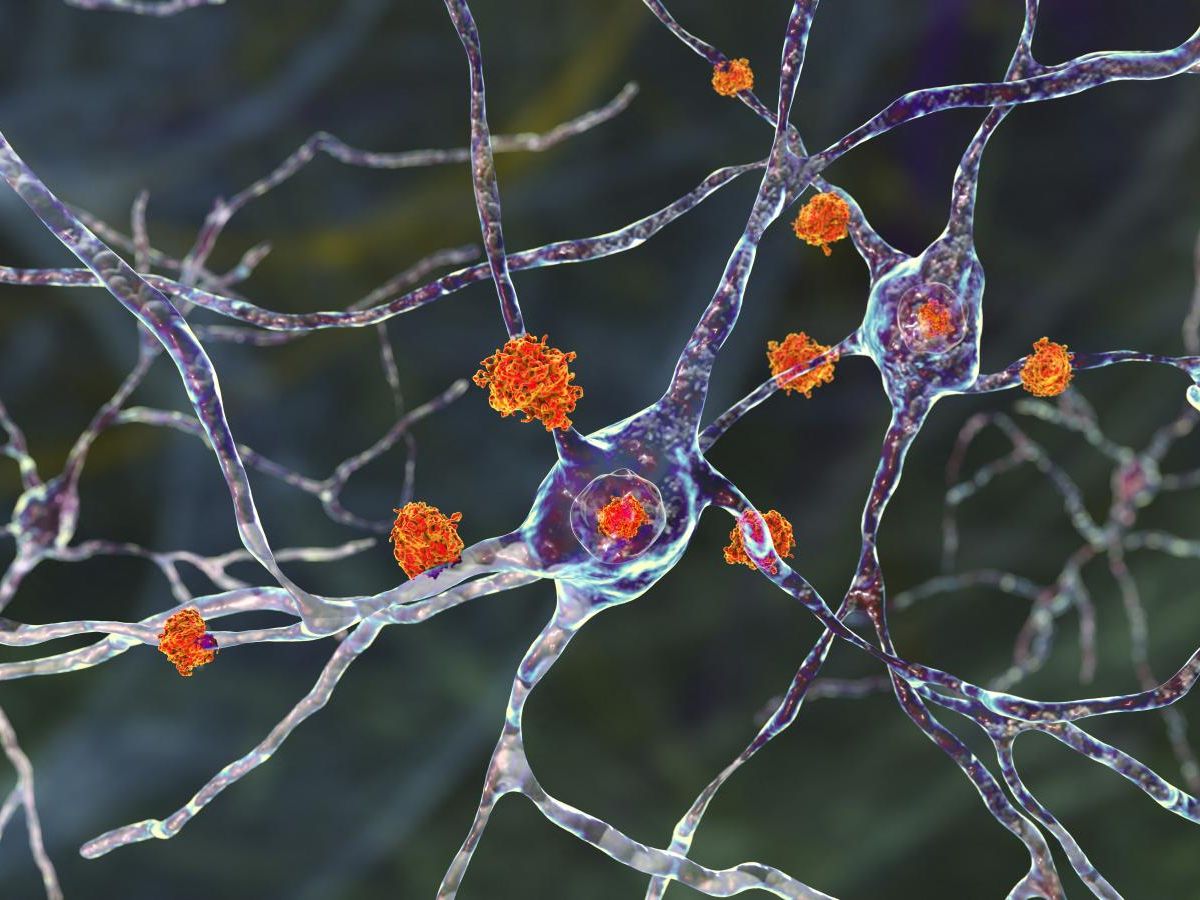
The debate over the health effects of caffeine is not over. Consumers are increasingly confused about what to believe.
Food Insight, a nutrition and food safety organization, says that despite being extensively researched and approved by numerous regulatory agencies, including the European Food Safety Authority and the U.S. Food and Drug Administration, caffeine remains a controversial ingredient.
FoodNavigator recently reported on research presented at the American College of Cardiology’s ACC Asia2024. The study suggested that consuming more than 400 milligrams of coffee per day could cause heart disease. Increased risk of heart disease.
This study found that caffeine consumption at such a level can disrupt the autonomic nervous system. This disruption leads to increased blood pressure and heart rate. This research concluded that caffeine consumption should be moderate to reduce the risk of hypertension and other cardiovascular diseases.
Nency Kagathara is the lead author of the study. She says that regular caffeine consumption can disrupt the parasympathetic nervous system and cause an increase in heart rate and blood pressure. Regular caffeine consumption can put healthy people at risk for high blood pressure, heart attack, and other heart problems. This is due to the effect of regular caffeine on the autonomic system.
According to a new study published by Oxford University Press in Rheumatology, caffeine consumption may actually improve artery health.
Who is the right person for?
Is caffeine good for vascular health?
Researchers at Sapienza University of Rome believe that caffeine could help patients with vascular problems.
The study found that caffeine supports endothelial cells, which are the cells responsible for regenerating blood vessel walls and vascular growth.
This research could prove to be a breakthrough in the treatment of vascular diseases. Until now, health professionals have focused their recommendations on avoiding risk factors such as smoking and eating foods high in cholesterol. Could caffeine be included in patients' diets in the near future?
Inflammation in the body is reduced by foods rich in vitamins D and A, such as eggs and oily fish, as well as polyunsaturated fats. The researchers wanted to see if caffeine had the same effects.
Caffeine, in addition to its well-known stimulating effect on the human body, also has an anti-inflammatory action, as it interacts with receptors on the surface of immune cells. Researchers conducted a study of 31 patients with lupus, but who did not have traditional cardiovascular risk factors. They used a 7-day dietary survey. The researchers took blood from the patients after a week to determine the health of their blood vessels. After a week, the researchers took blood from the patients to measure the health of their blood vessels.
Further research is needed
This is an extremely limited study that was conducted over a very short period of time with only a few participants. Further research is needed.
Fulvia Ceccarelli is the lead author of the study. She said: "The current study attempts to inform patients about the role that diet can play in disease control." It will be important to confirm these results in longitudinal research, which will assess the true impact of coffee on disease progression.
Consumers are therefore expected to follow the advice of the European Food Safety Authority, which recommends a caffeine intake of up to 400 milligrams per day. EFSA says this dose does not pose any safety concerns for healthy adults, except pregnant women. This advice may be revised at a later date.
EFSA is unlikely to recommend consuming caffeine in any form. Not only because caffeine is so popular, but also because of its health benefits.

How can caffeine be beneficial?
The leaves and fruits of more than 60 different plants contain caffeine, including tea and coffee. Caffeine is present in many beverages and foods.
Caffeine is a natural substance that has many health benefits. Studies conducted by Johns Hopkins Medicine in the United States have linked it to a lower risk of Alzheimer's disease, diabetes and kidney disease.
When consumed in tea or coffee, caffeine can also have positive effects on the mind and emotions.
Howey Grind, head of coffee for coffee brand Grind, told FoodNavigator that coffee is a ritual and brings people together. People love the buzz of a bustling coffee shop with its espresso machines and customers, as well as the music. It’s a wonderful ritual to have at home. It brings a bit of consistency in the midst of our busy lives. We take that second to make our coffee. Pouring the same V60 in my kitchen for me and my partner is a constant.
Many people also consume caffeine because it is a stimulant that increases the activity of their nervous system and brain. Caffeine also helps increase the flow of cortisol, adrenaline, and other chemicals in the body. This keeps the user alert and active.
Source: Caffeine promotes endothelial cell survival in systemic lupus.
Publication date: September 9, 2024
DOI: doi.org/10.1093/rheumatology/keae453
Authors: Valeria Orefice, Fulvia Ceccarelli, Cristiana Barbati et al.



